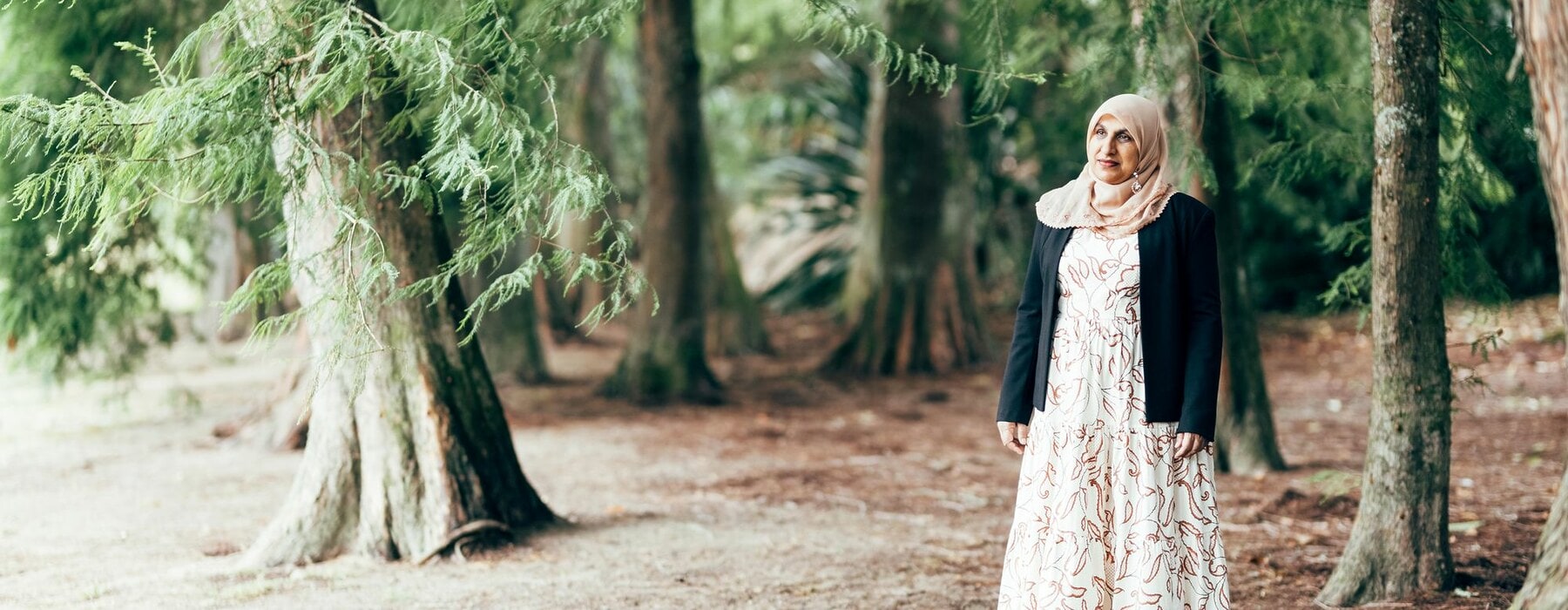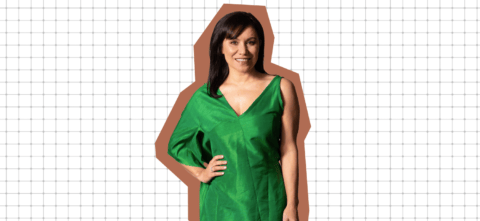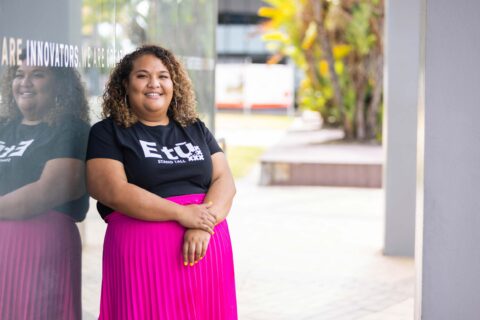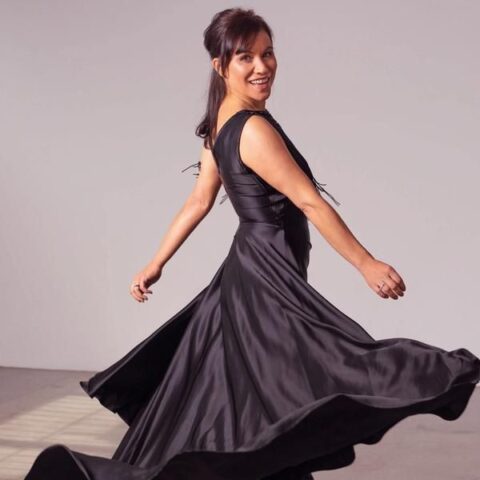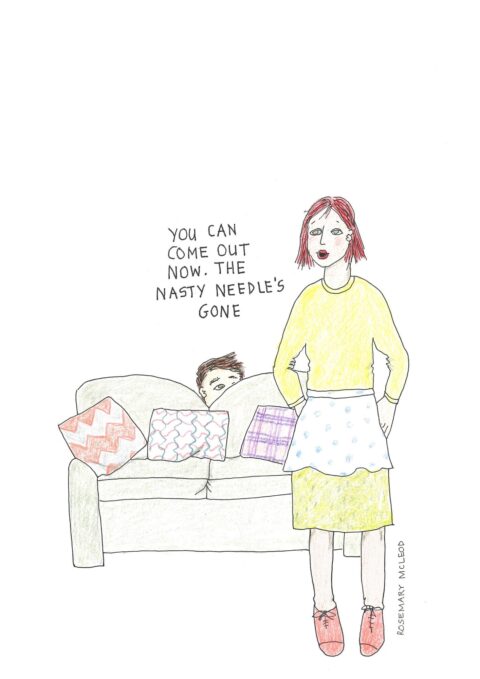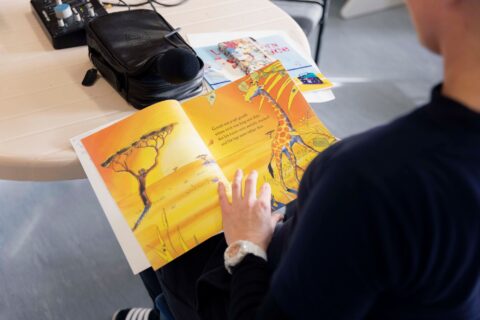Growing up as a Muslim in 1970s New Zealand, Anjum Rahman experienced terrible isolation and self-doubt. Now a proud community leader and human rights activist, she tells Donna Fleming how she’s found purpose and inner peace.
There are times when Anjum Rahman can’t help thinking her life would have been a lot simpler if only she’d been happy to do a 9-to-5 job and spend her evenings scrolling through social media or watching TV.
Instead her days and nights are taken up with her work as a community leader, human rights activist and media spokesperson, which means hours spent at committee meetings, giving presentations and speeches at hui and conferences, writing reports and submissions, communicating with government departments and community groups, and fronting up when the local and international media wants someone to talk to about issues affecting New Zealand’s Muslim community.
After the Christchurch mosque shootings two years ago, Anjum became a familiar figure to Kiwis, speaking out on TV, radio and in the press about discrimination against Muslims, and the rise of Islamophobia.
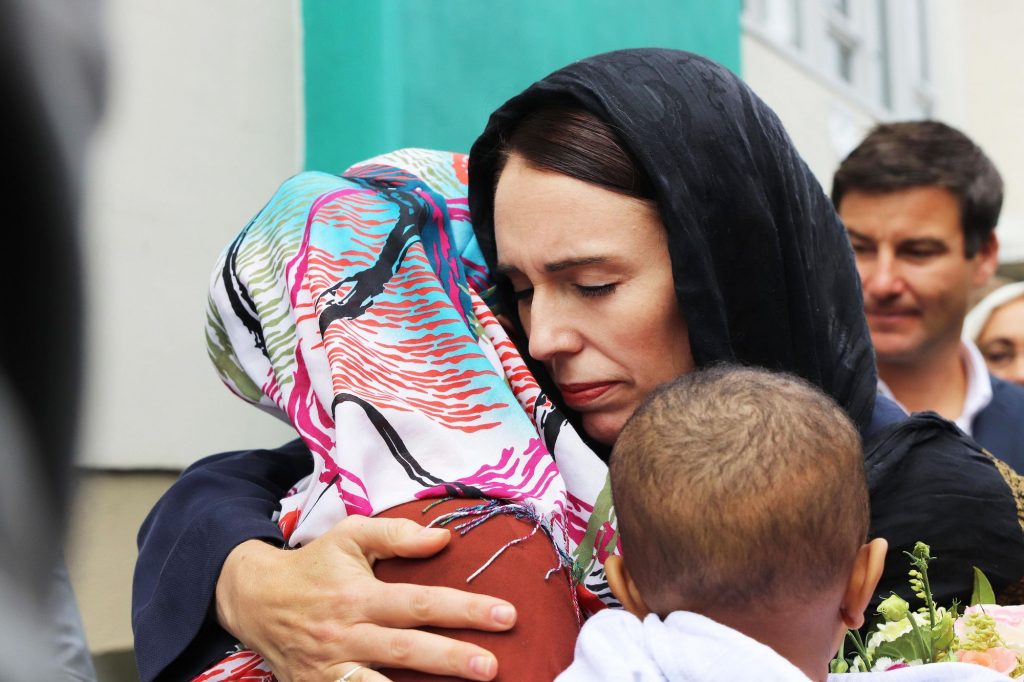
On TV, she often comes across as serious and somewhat stern, which is not surprising given that she’s being interviewed about subjects like racism and terrorism. But at home in Hamilton, talking to Woman magazine about what makes her tick, she is warm and engaging, her speech sprinkled with laughter where appropriate. She’s also generous, not only with her time and the cherries, melon and Tim Tams she serves up for afternoon tea, but with her willingness to open up about why she’s so driven to stick her head above the parapet to try to make a difference.
What started out as voluntary work with community groups has become a full-time role advocating for marginalised people, not just Muslims but those from other sectors, such as the disabled and LGBTQ+ people.
It’s led to a very busy life, as her diary testifies. When Anjum, 54, reads through her week’s schedule, which includes numerous meetings, it’s hard to see where she gets any downtime.
“I suppose I do take on a lot. I do sometimes think, ‘Why couldn’t I just be an accountant who comes home after work, goes on Twitter for a bit then binge-watches Netflix?’” she chuckles. “But really, I couldn’t imagine not doing what I do. If you need the world to be different, then you go out and make it different.”
Anjum takes on the heavy load because she’s doing work she believes in. Someone needs to speak on behalf of those who don’t always have a voice, and since a deep compassion and fierce determination seem to be her default settings, she figures it might as well be her.
She also puts herself out there because she genuinely wants to make the world a better place for her daughters, Ayesha, 28, and Aaminah, 22. But, she admits, it’s not entirely altruistic. “Part of the reason I do what I do is for my own self-worth. I’ve always had a lack of belief in myself. A lot of it comes from my childhood. And being divorced and a single mum, my feeling of self-worth was really low. I felt that by doing these things I was giving some value to myself.”
Anjum traces many of her confidence issues back to growing up in Hamilton, feeling like a fish out of water. Born in India, she came to New Zealand shortly before she turned six, after her scientist father Dr Anis Rahman, who specialises in soil science, was offered a job with the Ministry of Agriculture and Fisheries.
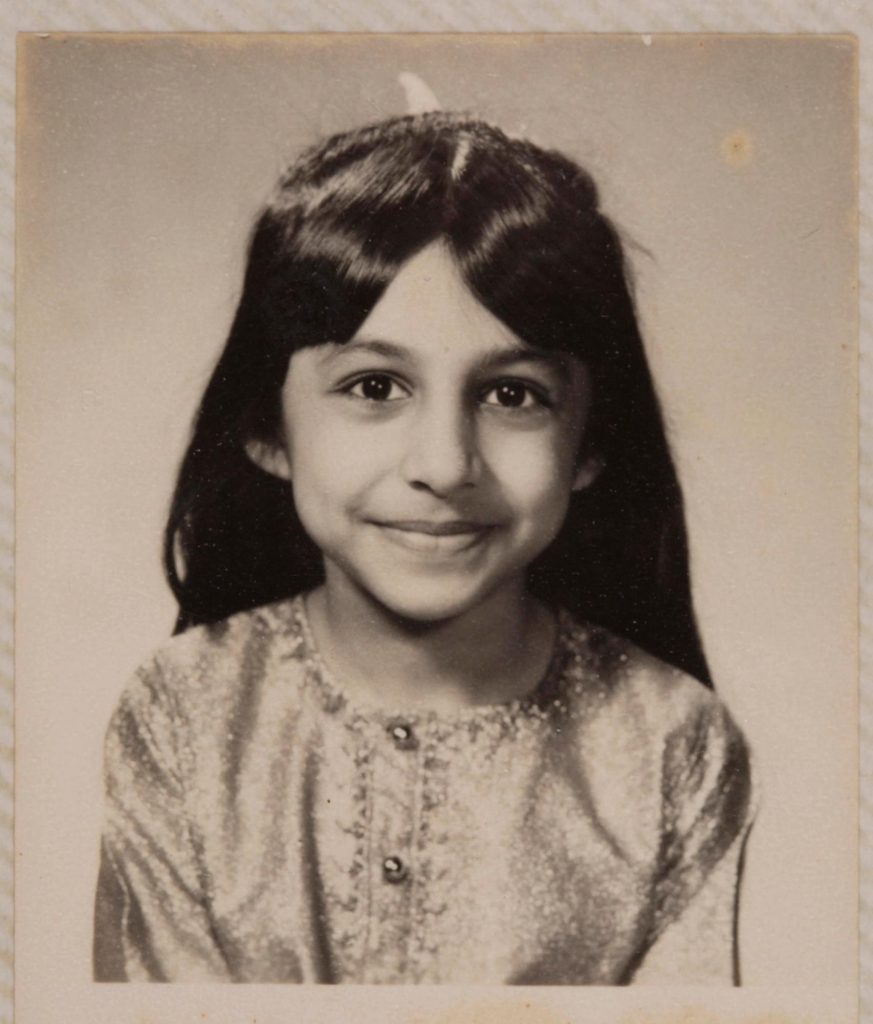
PHOTO SUPPLIED
It was the mid-’70s, and while there were other Indian families in Hamilton, there were no other Muslims. At her primary school, Anjum was the only child who was not Pākehā or Māori.
“It was difficult growing up in a place where there was nobody else like you,” she recalls. “I couldn’t eat the things the other kids ate; I couldn’t get a pie from the tuckshop. I didn’t wear a head scarf then, but I had to have my arms and legs covered in summer when the other kids were in shorts and T-shirts. I stood out, and it was very isolating.”
She endured name-calling and sitting on her own at lunchtime because she had nobody to play with. A classmate once asked what it felt like to be Indian. “How do you answer that? I said I didn’t know, it was just who I was. I didn’t have that sense of identity you get from your relatives and your community because I didn’t have any here. My parents did their best, but it was difficult.”
Anjum didn’t talk to her parents about how she was feeling. “I just thought, ‘This is my reality, I just have to put up with it.’ It hit my confidence levels though; I had no sense of how I fit into the world.”
It was difficult…I had no sense of how I fit into the world
Her loneliness eased as she went to intermediate and secondary schools that were more multicultural. Her parents had started a mosque in Hamilton after more Muslim families moved to the area and by the time she went to university, she says, “I was coming into myself a little more. But that residual self-doubt was still there. I don’t think I genuinely started to get rid of it until I turned 50.”
One thing that helped her settle into her identity as a Muslim woman was deciding to wear a hijab, which she did in her mid-thirties.
“A lot of the reason why I hadn’t worn it before was because I didn’t want to stand out. I never felt pressure to wear a headscarf, there was just a feeling that it would be good if I did, but it was my decision. It got to the point where I wasn’t really living my identity and I felt like I needed to do it for myself and nobody else. I was doing it as an act of worship.”
Still, actually putting on the hijab and going out in public for the first time was daunting, admits Anjum, who was working as a chartered accountant by then. “That first week I really struggled. I could tell people at work were thinking, ‘What is this?’ I imagined they were thinking, ‘What will the clients think?’ But I didn’t get any negativity from people I knew; none of our clients batted an eyelid.”
One of the bonuses of the hijab was no longer feeling the need to meet beauty standards imposed on women. “At the time, I used to wear lipstick and eyeliner and perfume all the time and I wouldn’t leave the house without them because I didn’t feel presentable.
“But wearing the hijab made me feel that none of that mattered anymore; I was presentable as I was and I could just be me. I wear lippy sometimes but I don’t feel pressured to look a certain way. It’s liberating.”
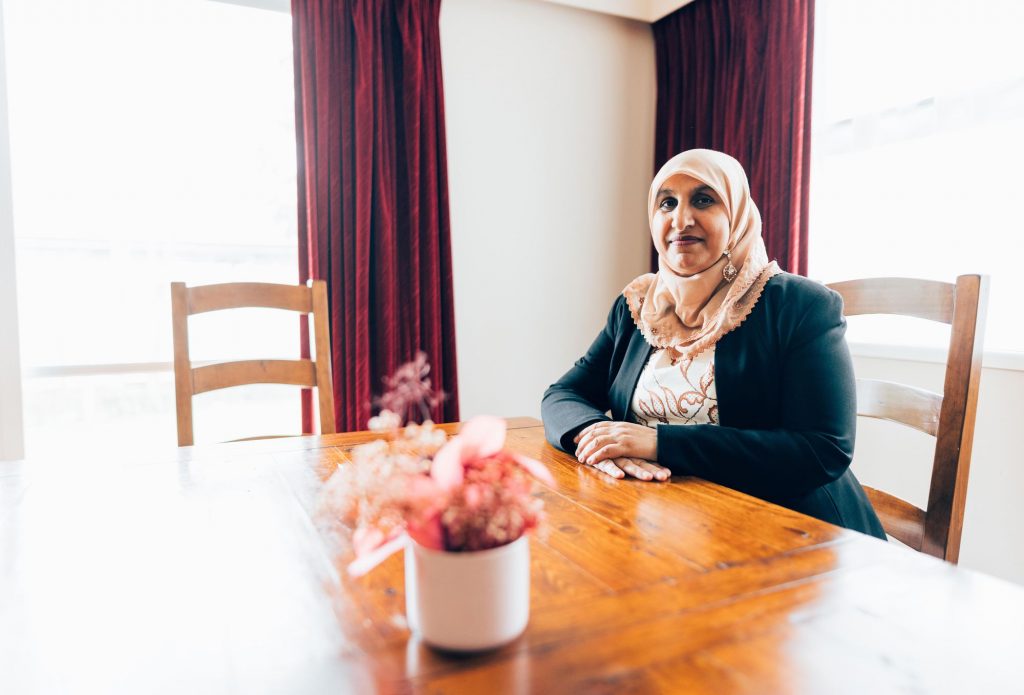
Still, she’s all too aware the hijab is more than a symbol of her faith – it’s become political and has made many Muslim women easy targets for discrimination. “We know that Muslim women who wear a hijab definitely do face barriers when it comes to things like employment. They often don’t get hired for jobs where they deal with the public, like retail, because people think it will turn customers away. Yes, a hijab is a kind of statement, but we should be allowed to be who we are.”
Her colleagues and clients may have been accepting, but Anjum has still been on the receiving end of abuse due to wearing a hijab. “I’ve had people yell at me and tell me to go back to my country; every woman that wears a headscarf will tell you they’ve had that. But then every person who is disabled or gender diverse will tell you a similar story about how difficult it can be to just be yourself in public. I imagine it is the same for Māori women who get the moko kauae. A lot of people are supportive but there are those who are not. Why shouldn’t you be able to wear something that says, ‘This is my identity, this is who I am’?
“There seems to be so much said over women’s choices to express themselves, and I find that problematic.”
A desire to try to change problematic situations spurred Anjum to become involved in setting up the Islamic Women’s Council of New Zealand in 1989. Inspired by her parents’ community work, she attended meetings with her mother Qamar about forming an organisation to give Muslim women in New Zealand a voice and help them support each other. When it was founded, she became the secretary and later the chairperson.
From there, her activism snowballed. In 2002, she helped to found Hamilton’s Shama Ethnic Women’s Trust, a social service organisation whose aim is to support and empower women from minorities. She’s also been involved in Campaign for Consent Hamilton, which has pushed for changes in the way society deals with sexual violence.
Other roles include being a member of the Waikato Interfaith Council and a trustee for Trust Waikato.
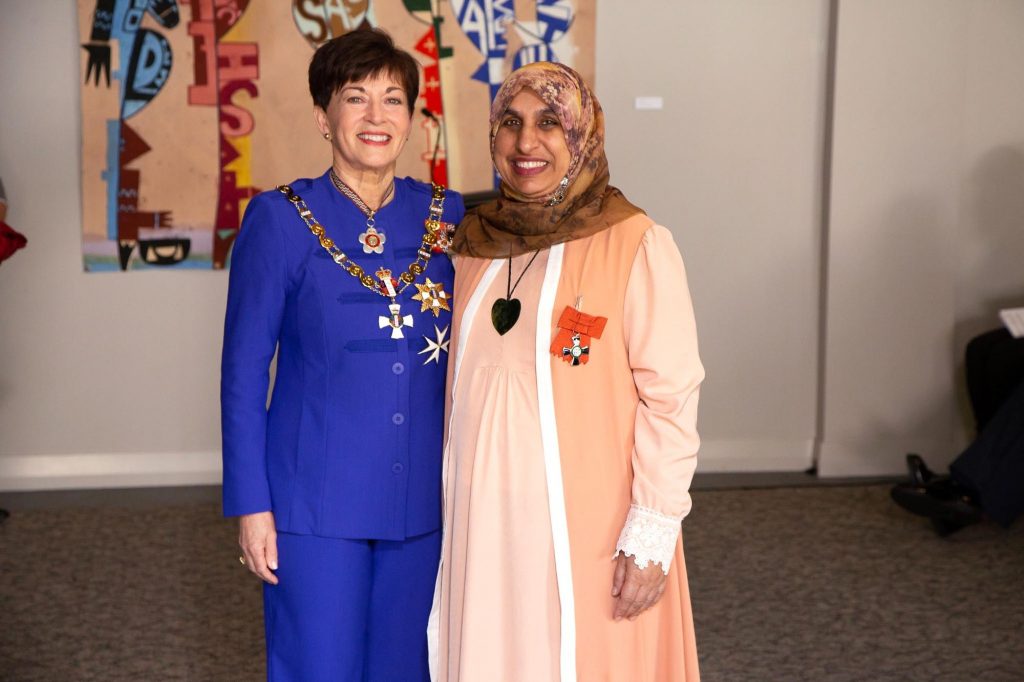
PHOTO SUPPLIED
For a while she was keen to get into politics, and stood unsuccessfully for the Hamilton City Council and as a list candidate for the Labour Party at three elections. While she was disappointed not to become a councillor or MP at the time, now she’s glad it didn’t happen.
“I feel that with the work I am doing now, I have more opportunity to make an impact than I probably would in politics, and it’s less bruising. I actually have more freedom to be able to speak and I am not hampered by party politics.”
Along the way she became the media spokesperson for the Islamic Women’s Council and began appearing on radio and TV, including debating Winston Peters on two occasions after his 2005 End of Tolerance speech, in which he talked of a “militant underbelly” among the Muslim community.
“I think it was the first time a person of colour, a migrant, had the opportunity to speak back to him, and to have a voice was an amazing opportunity. I actually had him speechless at one stage when we did Morning Report,” she recalls. On the afternoon of March 15, 2019, Anjum was at a workshop in Auckland for community trustees when she noticed she’d missed calls from numbers she didn’t recognise. They turned out to be from journalists.
“I knew something was happening, so I surreptitiously went on Twitter and started seeing messages saying, ‘Kia kaha, Christchurch.’ When we heard the news that six people had been shot I thought, ‘Oh my God.’ Then it was nine, and then later that evening 40. It just kept going up. It was just horrific.”
And while she was heartbroken and shocked by the terrorist attack, Anjum says she was not surprised. “The Islamic Women’s Council had been dealing with government because we had been expecting for years that something could happen here, although you never imagine that someone would go into a mosque in New Zealand and shoot people. All the signs were there from what was happening overseas and we could see that Islamophobia was hotting up in New Zealand.
“We really felt there had been a change around 2014 and 2015,” she continues. “You had the Isis beheadings and other things going on around the world and when you went to the supermarket or the shops here you could feel a shift in the way people were viewing you. A lot of the Muslim community were noticing it. “In March 2017, we met with heads of government and Minister Chris Finlayson [then responsible for the New Zealand Security Intelligence Service]. I said I’d expect there was as much attention being paid to white supremacists as there is to the Muslim community. We felt the Islamophobia was much more organised, more of a threat, and we wanted to know what the government’s strategy was.
“But, he said, basically, it was a problem overseas, not in New Zealand. In August that year, Brenton Tarrant arrived in the country.”
After the terror attacks, Anjum found herself becoming one of the main spokespeople for the Muslim community, as many of the leaders had gone to Christchurch to help out in the aftermath and weren’t available. She did interviews not only with local media, but journalists from Australia, Canada, Britain, the United States and also Pakistan, Turkey and Kazakhstan.
She has continued to speak out, including after the Royal Commission of Inquiry into the attacks came out at the end of last year, which she says didn’t go far enough. “There is still this utter resistance to look at the whole white supremacist thing. The people who do this sort of thing are treated as a lone wolf, yet there are networks where people are congregating and encouraging each other. Why aren’t we doing something about that?”
Anjum is grateful for opportunities such as being a co-chair of the Christchurch Call Advisory Network, set up by Prime Minister Jacinda Ardern and French President Emmanuel Macron after the attacks, which is calling for governments and tech companies to eliminate terrorist and violent-extremist content online.
That role saw her fly to New York in September 2019 to speak at a Christchurch Call to Action meeting at the United Nations. Being in the same room as world leaders – including President Macron, German Chancellor Angela Merkel, British Prime Minister Boris Johnson and Indian Prime Minister Narendra Modi, along with Twitter CEO Jack Dorsey and Facebook COO Sheryl Sandberg – felt surreal.
“That was the most amazing experience of my life,” Anjum says. “It was such a privilege to be there, and to be doing what I am doing.”
“Discrimination plays out in so many ways. It’s not just the Muslim community that experiences it. So many people have to live with it – people with disabilities, people in the LGBTQ+ community. We need a national strategy and hopefully coming together to push for changes will give us all a greater voice.”
Part of the work the collective has been doing is gathering personal stories of the bigotry and bullying people in Aotearoa have suffered, and it makes heartbreaking reading, says Anjum.
“It feels like a huge privilege for them to be sharing this with us, but you do sit with the weight of it. I do think, ‘What if this doesn’t work?’ But we still have to try.”
Does Anjum think the Christchurch shootings changed New Zealanders and our attitudes to others?
“Yes and no. It raised awareness of the Muslim community, which was good. I feel like the reason we could be the team of five million when it came to Covid was because we’d had that experience of collective grief the year before. There was a sense of connection, that this was a horrible thing that hadn’t just happened to the Muslim community, it happened to all of New Zealand. That experience we had as a small nation fed into the Covid-19 response.
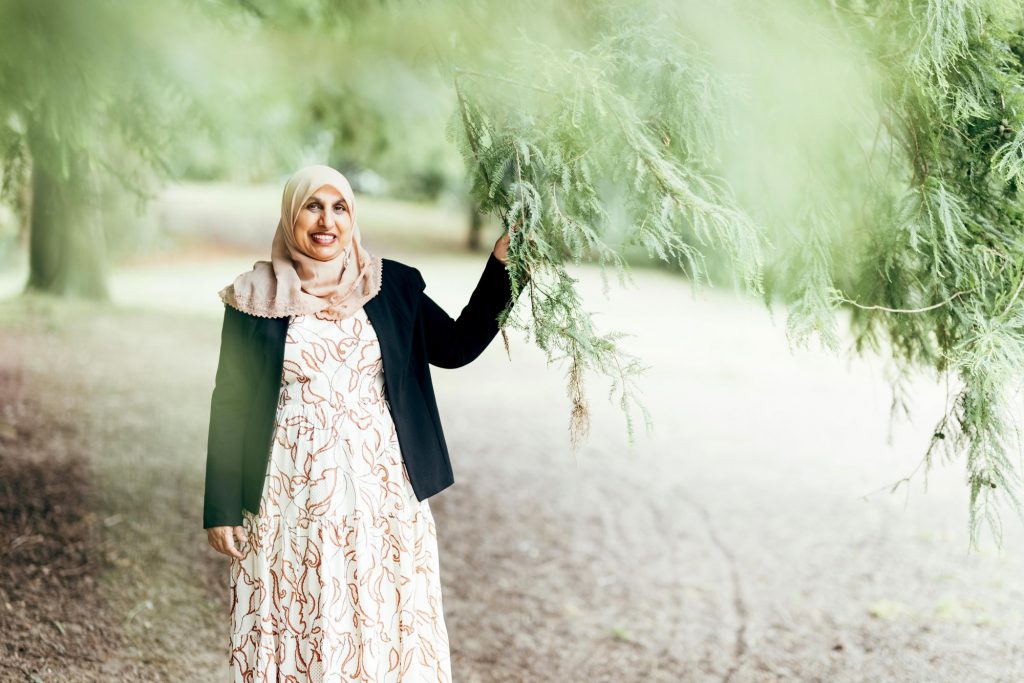
“But there’s still extremism and hate out there, still organisations encouraging that. There are people being discriminated against all the time. There is still a lot of work to be done. And there is still a lot I can do.”
That was the most amazing experience of my life… It was such a privilege to be there
Her latest passion is Inclusive Aotearoa Collective, a movement she started to try to bring together the many different organisations fighting discrimination in all walks of life into a collaborative force to be reckoned with.
“Discrimination plays out in so many ways. It’s not just the Muslim community that experiences it. So many people have to live with it – people with disabilities, people in the LGBTQ+ community. We need a national strategy and hopefully coming together to push for changes will give us all a greater voice.”
Part of the work the collective has been doing is gathering personal stories of the bigotry and bullying people in Aotearoa have suffered, and it makes heartbreaking reading, says Anjum.
“It feels like a huge privilege for them to be sharing this with us, but you do sit with the weight of it. I do think, ‘What if this doesn’t work?’ But we still have to try.”
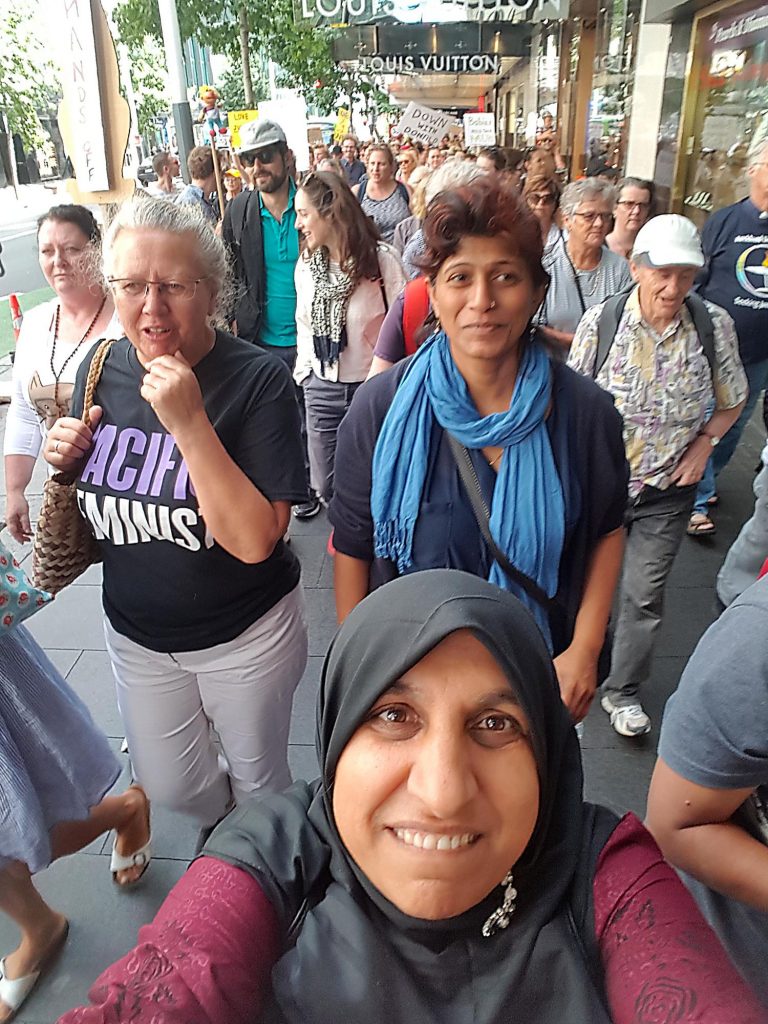
PHOTO SUPPLIED
Does Anjum think the Christchurch shootings changed New Zealanders and our attitudes to others?
“Yes and no. It raised awareness of the Muslim community, which was good. I feel like the reason we could be the team of five million when it came to Covid was because we’d had that experience of collective grief the year before. There was a sense of connection, that this was a horrible thing that hadn’t just happened to the Muslim community, it happened to all of New Zealand. That experience we had as a small nation fed into the Covid-19 response.
“But there’s still extremism and hate out there, still organisations encouraging that. There are people being discriminated against all the time. There is still a lot of work to be done. And there is still a lot I can do.”

